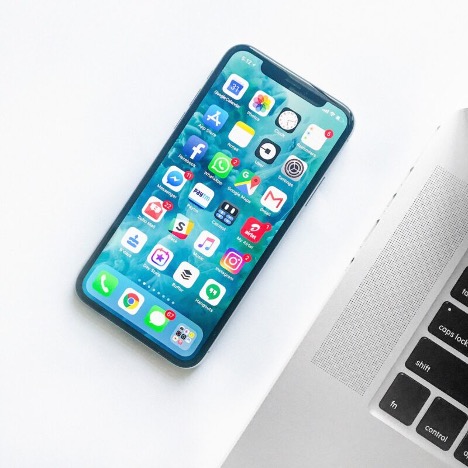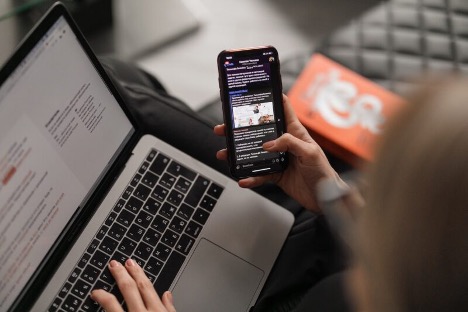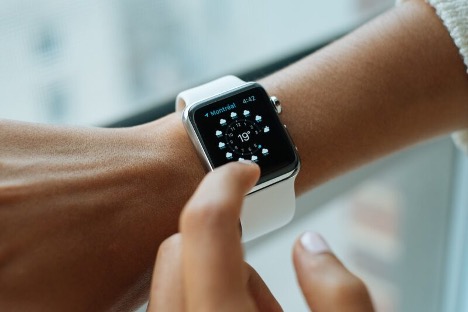Technology is now firmly entrenched in our lives, and if there is one subject that has been on everyone’s mind for the past few years, it is the issue of privacy in cyber space. Does our phone listen to us in order to record data? Since January 28 is Data Privacy Day, we will review some myths.

The Maps App Records Our Itineraries: False
If you think your phone shares all your routes made in the iPhone Maps app, you’ve got it all wrong! Contrary to popular belief, recorded data such as your address or history remains on note in your app only and is not shared with a third party. Thus, your identity is not associated with your comings and goings, and you can use the navigation system without any worry!

Siri Shares Our Information: False
Nothing is more normal today than asking Siri to play our favorite song or give us the time, right? While many believe that the voice control software records our conversations in order to share the information later, this is not entirely true. Some information is stored as general data to improve the functioning of the software, but this data is not associated with our identity – such as our Apple ID – and is instead treated in general information. It’s only to improve the functioning of the app!

Apple Watch Shares Our Physical Data: False
Several people have started working out from home in recent months, and the sale of smartwatches has only increased since then! While there are several smartwatches out there that track our athletic performance, help to analyze our progress and stay focused on our goals, not all smartwatches are made the same and it’s important to educate yourself on how your device manages your health data. With Apple Watch it’s up to you to set up the data you want to record, such as our weight or age and that data is encrypted, meaning it’s only available to you unless you explicitly choose to share it.
Finally, if you want to protect your information from the apps you’ve downloaded to your iPhone, Apple has launched a new feature in the App Store’s product pages called privacy nutrition label, which provides access to a summary of each app’s security practices. Privacy nutrition labels give users key information about how an app uses their data, so you can choose what you want to share or not. Apple is also planning further features in the near future that will allow users to better control the data used by apps, such as requiring that we allow them to collect our information before accessing it. Great news, isn’t it?








